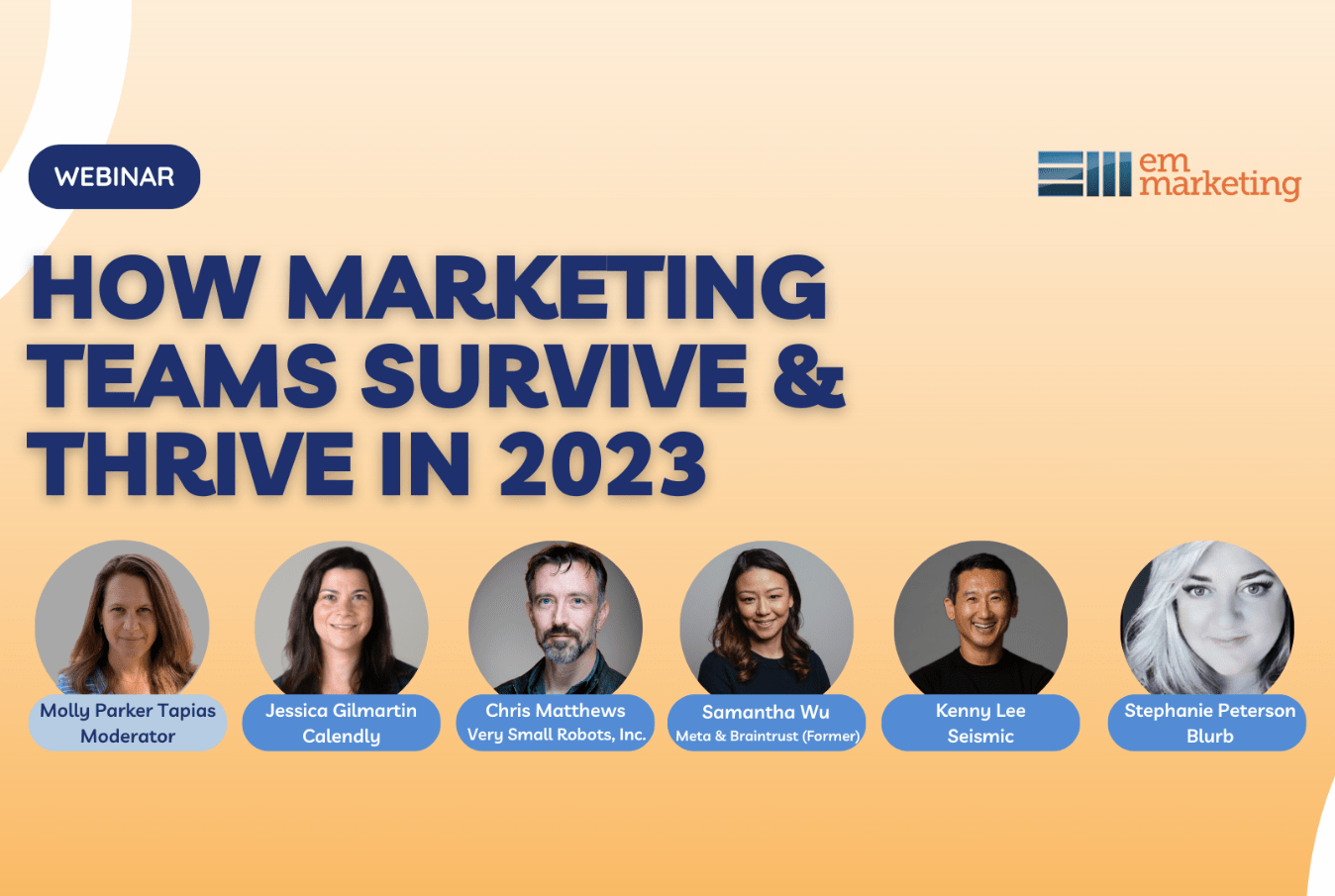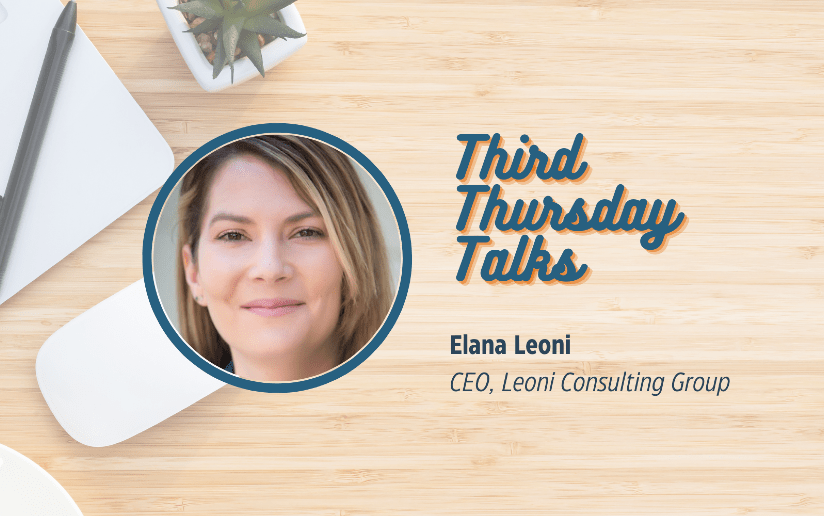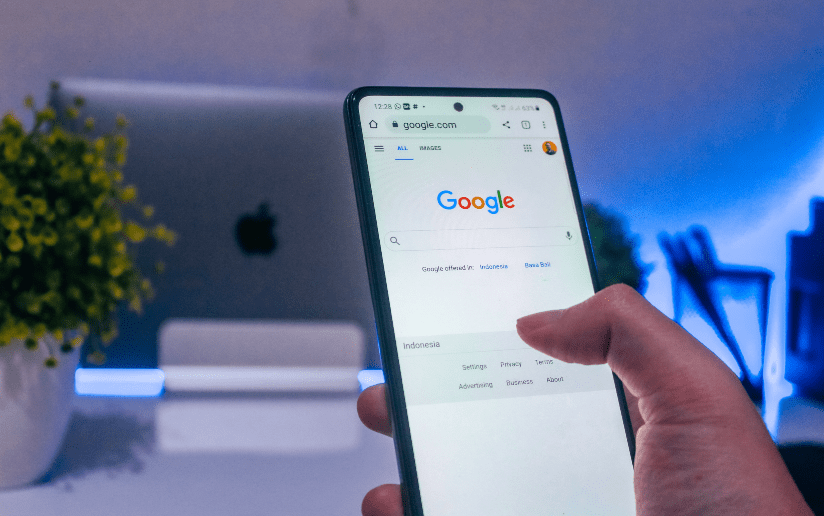
SEO for Humans
SEO can be confusing, frustrating, and hard to keep up with. This is especially true for small businesses, independent consultants, and entrepreneurs. Over the years search engine optimization has continued to be extremely relevant to marketers as Google and Bing have capitalized the attention of consumers and businesses alike. Yet SEO still remains elusive for most.
This article will help you better understand the underlying factors that drive SEO. We’ll explore the basic fundamentals so you have a foundation of what is relevant to SEO and why. More importantly, this article will explore the ‘why’ behind SEO. If you have only a basic understanding of SEO – you’re in the right place.
Finally, I’ll share some crucial tools and tips to help you be more effective with your SEO efforts.
What is SEO?
Search Engine Optimization (SEO) is a wide range of strategies and tactics with the sole purpose of generating organic search traffic from search engines like Google or Bing. ‘Organic’ refers to the fact that you are not paying or placing ads. SEO is very distinct from SEM — search engine marketing — which refers to paid campaigns directly with Google (AdWords) or Bing (Bing Ads). Organic traffic is generated and earned by creating content that search engines deem relevant and useful to the users submitting queries on search engines.
Frustrations about SEO
I’ve surveyed and spoken with many small business owners across a range of industries and sizes. As I heard more and more about their challenges and frustrations — the most common frustrations with SEO for the non-expert stand out:
“I don’t know how it works…”
Many business owners and entrepreneurs simply don’t understand how and why SEO works. This is a common problem since SEO is a dynamic landscape where factors and tactics change on a regular basis.
“How do I keep up?”
Simply keeping up with all the trends and changes is challenging. Let’s not even get into all the algorithm changes that have happened over the years. For most, this will cause headache and heartache. Rather than chasing and always feeling like you’re two steps behind, we are going to focus on what works for your business first. Businesses that are obsessed with their customers are going to outperform businesses that are obsessed with Google in the long run.
“How do I measure results?”
If SEO alone is confusing, then measuring meaningful results can also be problematic. Unfortunately, there are many SEO agencies or so-called experts that report and measure superficial actions. Understanding how SEO integrates with your business goals will provide clarity. Later in the article, I’ll share the tools you can use to clearly track meaningful results.
SEO without Jargon
Let’s try to explore the ‘why’ that’s buried underneath SEO. The following breakdown contains no industry jargon whatsoever. The more I work with small businesses and startups, I have learned that SEO is simply misunderstood largely due to the confusion around all the technical minutia.
SEO is really four things: You, Your Story, Your Relationships, and the Trust you earn as a result.
- You – The digital representation of your personality, passions, skills, value, industry expertise, etc. Your website is the most obvious place to express you.
- Your Stories – The spirit of you/your business encapsulated online. These can be articles, images, podcasts, videos, etc.
- Your Relationships – Digital forms of human connection — reactions, comments, emails, socializing, sharing, and links. It’s also important to note — the stronger your relationships the more effectively you can leverage them in the digital world. It requires a balanced approach and takes time to develop.
- Trust – Consistently and repeatedly showing up… demonstrating your expertise to people who are interested in your story. Once you can establish trust with an audience you will start to see results as you continue to directly or indirectly solve their problems.
To re-emphasize this: SEO = you, stories, relationships, and trust. It’s the equivalent to…
Putting yourself out there. Telling your stories, building relationships, and earning trust.
Apply basic SEO fundamentals to this process and you will make progress. Now that you have an approachable and tangible appreciation for what SEO is at its core, let’s dive into some specific SEO basics.
Periodic Table of SEO
Sometimes the best way to understand a complex system is to visualize the data. Search Engine Land did an amazing job of creating a memorable and sticky framework to help. Consider this your SEO cheat sheet. They have made some updates, so be sure to bookmark or check back with them.
Reading through the different factors and how they work together will help give you a good foundation in what matters in SEO.
One key thing to note here — there is NO silver bullet. Everything together is incremental. No matter what you hear, there are not any SEO factors that will lead to a massive and immediate impact to your organic traffic.
As you can see in the Periodic Table, SEO factors can be divided into 2 distinct areas: On-Page and Off-Page factors.
- On-Page Factors are effectively anything that exists in the code of your website and pages. For example, images, headlines, title tags, or any text that appears on a web page.
- Off-Page Factors exist or happen outside of your website. It’s often what other people or websites do with your website. Links from other websites, loyal readers who return every week, the very trust you have built up in your industry.
On-Page SEO
 Below are some On-Page highlights that are worth calling out as you look into these factors for your own website.
Below are some On-Page highlights that are worth calling out as you look into these factors for your own website.
Content
- Quality can mean many things (useful, engaging, novel, well researched, etc.)
- Unique Perspective – remember your story distinguishes your business
- Understand and leverage the language people use (i.e., relevant keywords)
- Variety is the spice of life (images, videos, etc.)
Architecture
- Is your site accessible, easy for users to navigate, and can they find what they need?
- No duplicate content – every page should have a unique purpose
- Mobile-optimized – more users are using their phones; know your visitor mix
- Speed – your website loads quickly
Code (HTML)
- Meta Titles – first impression to search engines and users before they get to your website
- Meta Descriptions – where your Call-to-Action (CTA) can shine
- Headers (i.e., H1, H2, H3) – the main headlines and content structure of any web page
Off-Page SEO
 Off-page factors are likely the most valuable in SEO and the hardest to conquer. In universal terms, trust is extremely hard to build and the easiest to destroy. As with all good things, this takes time. And as I mentioned earlier — consistently showing up. Social media has become a powerful tool to discover and engage with a broader audience. Social engagement can also be a catalyst for nurturing digital relationships.
Off-page factors are likely the most valuable in SEO and the hardest to conquer. In universal terms, trust is extremely hard to build and the easiest to destroy. As with all good things, this takes time. And as I mentioned earlier — consistently showing up. Social media has become a powerful tool to discover and engage with a broader audience. Social engagement can also be a catalyst for nurturing digital relationships.
Trust/Links
- Act as a vote of confidence from other sites
- Quality links are more important (industry and relative)
- When users arrive on your site they are engaged (low bounce rate)
Personal/Social
- Local factors: country/location (i.e., traffic to your site is from countries that have the same language)
- Social reputation/engagement (i.e., others share your content or engage with you on social media)
Basic SEO Factors 100% in Your Control
Below are four HTML tags that are 100% in your control. No one else controls these items on your website. In addition, each of these tags is valuable to Google in different ways. Let’s put our best foot forward and take advantage of how to ensure you are sending the best signals to users and Google.
Title Tag
<title>SEO Marketing Tips - Copper Insights</title>
- Tells humans and bots what your web page is about
- First impression: title tag is used in search engine results
- Also appears on the browser window/tab
- Ideal length: 55 characters
H1 Tag
<h1>Dan’s SEO Marketing Tips</h1>
- Tells humans and bots what your page is about
- Is the literal, visual headline on each webpage
Meta Description Tag
<meta name=“description” content=“Learn from Marketing Tips. Learn more today”>
- Is not a direct factor for SEO
- And it only appears on SERP (search engine results page)
- First impression: Brief summary of your page and CTA
- Ideal length: 160 characters
Anchor (Link) Tag
<a href=“http://copperinsights.com”>Dan’s Favorite SEO Tools</a>
- Tells humans and bots what the other destination page is about
- Overall ‘anchor text’ data tells Google what you are about (internal links and external links)
- Be descriptive on where the link goes. Concise, descriptive is good for users.
Tools and Tips to Manage Your SEO
Now that you have a basic understanding of how SEO works and what is most relevant for your long term success, let’s review some specific SEO tools that can help you research, prepare, and execute more effectively.
Google Keyword Planner
Google Keyword Planner can help you understand potential customers. It provides an important aspect: what are the key phrases that people use to search for solutions or products. Once you embrace the customer-first perspective Google Keyword Planner and similar tools can be invaluable in helping you understand market demand.
- Great place to research keywords and validate your assumptions
- Can generate new ideas that are relevant for you
- Provides directional insights on volume and competitiveness
Google Search Console
Google Search Console is hands down the most valuable tool for any business that wants to understand its baseline SEO metrics. You can verify your website with Google Search Console now — I’ll wait here.
- For a small business, the ideal place to track your SEO progress
- Provides direct insights from Google (priceless)
- Good starting point for understanding SEO health and opportunities for improvement
Google provides a massive amount of feedback, guidance, and historical data. Let’s look at a few of the specific metrics:
- HTML Improvements – Anything that might be wrong with your site in terms of HTML tags (missing, duplicates, too long, too short, etc.) will be highlighted here. Remember, if Google says you have room for improvement, take note and make those fixes. It can only help in the long run.
- Search Analytics – This offers clear historical data on which keywords generate impressions and clicks to your website. You can also see average position history for your website. As you build more traffic and understand how different users interact with your site, you can help use this data to direct your next marketing campaigns.
- Links to Your Site – As mentioned earlier, this is a universal aspect of the internet. Google will list any websites that have linked to your site. This is a good spot to check during or after any outreach campaigns where your primary goal is to connect with other site owners, media, bloggers, etc.
- Crawl Errors – If something is broken on your website when Google crawls your website. The feedback will be here. Broken pages are bad for user experience and for Google. Now you have a tool to help you find and fix problems promptly.

Google Analytics
Most people who have a website for their business understand the importance of user/traffic analytics. It’s also useful for SEO — understanding how users interact with your content and stories helps you learn from the successes and failures. Specific data points like bounce rate, entry pages, and user drop-off can help you visualize where opportunities lie. Google Analytics is a powerful tool that helps you understand how users interact with your website (you and your stories).
Conclusion on SEO
Before you leave, remember to take those universal SEO aspects: You, Your Story, Your Relationships, and Trust. Once you are able to leverage those aspects for your business, you can more effectively tackle SEO. Believe in you and your unique story. Understand and connect with your digital audience — which includes customers, industry bloggers/writers/communities, and relevant influencers. Show up consistently — keep producing, learning, and iterating. Over time you will build trust and more importantly discover which tactics that work for you. Sprinkle in your SEO know-how — your efforts will be worth it.













































































